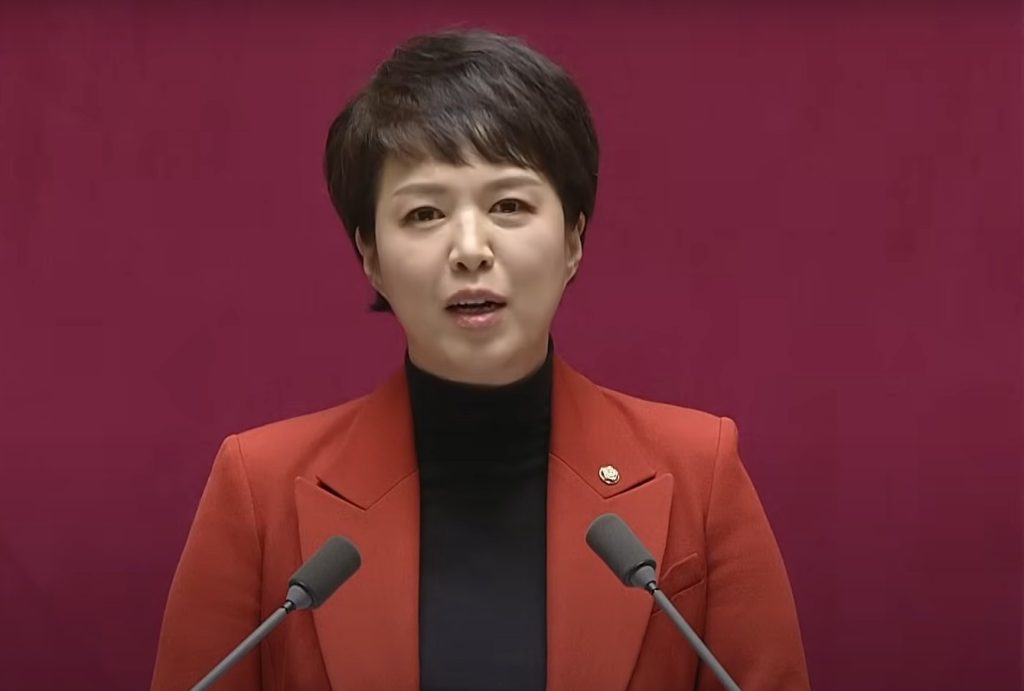Lawmakers from South Korea’s two biggest political parties have unveiled stablecoin bills. The bills’ authors concur on many points, but interest payment plans appear to be a sticking point.
The South Korean media outlet Newsprime reported that the ruling Democratic Party (DP) and the main opposition People Power Party (PPP) both unveiled their bills, authored by individual lawmakers, on July 28.
The DP MP An Do-geol’s bill is named the Act on the Issuance and Distribution of Value-Stable Digital Assets.
The PPP’s Kim Eun-hye, meanwhile, has called her bill the Act on Payment Innovation with Fixed-Price Digital Assets.
Stablecoin Bills: Points of Agreement
Both bills call for KRW-pegged stablecoins to be incorporated as part of the domestic financial institutional system.
And the two draft laws reveal much more common ground between the parties. Both bills propose placing the Financial Services Commission (FSC) in charge of regulating won stablecoins.
If the bills are passed, the FSC would be allowed to impose rules on the issuance, distribution, and redemption of stablecoins.
It will also have the power to impose emergency orders on operators if it has concerns about market disruption or damage to users.
Kim and Ahn’s bills both stipulate that the FSC will become the sole licence-issuing body for KRW-pegged coins.
All would-be issuers must be regulated financial institutions or joint stock companies. Overseas corporations will only be allowed to apply for permits if they have South Korea-based branches or sales offices.
Furthermore, all issuers must prove they have equity capital worth at least 5 billion won ($3.6 million). They must also have dedicated IT teams and employ stablecoin-related staff.

Inflation: A Sticking Point
The issue of interest payments, however, is proving divisive. The DP wants to ban interest-paying stablecoins to prevent market disruption.
But the opposition PPP believes that interest-paying tokens would increase the competitiveness of won-pegged stablecoins.
Kim explained that interest payments would help drive the growth of won stablecoins overseas.
But Ahn’s bill completely prohibits such payments, warning that they could cause disruption to monetary policy and the financial markets.
Opinions on the matter are divided “even within the industry,” the media outlet wrote. An unnamed domestic crypto industry insider told Newsprime:
“In the case of dollar stablecoins, interest payments would make them securities under US law. […] I believe that other countries can design regulations for stablecoins in accordance with their own laws.”
South Korean firms, including scores of commercial banks and tech operators, are rushing to create stablecoin issuance plans with Seoul poised to regulate in the weeks ahead.
Seoul is responding in part to the rapid progress of the GENIUS Act in the US. Last month, United States newspapers reported that the likes of Amazon and Walmart are looking to launch stablecoins to help save fees.
This has led regulators in East Asia to fast-track their own stablecoin regulations, apparently determined not to fall behind in the fiat-pegged token race.
In South Korea, the likes of the internet giants Kakao and Naver are poised to react, with credit card issuers like Lotte Card also following suit.
The post South Korea’s Biggest Parties Roll Out Stablecoin Bills, Clash on Interest Payment Plans appeared first on Cryptonews.



